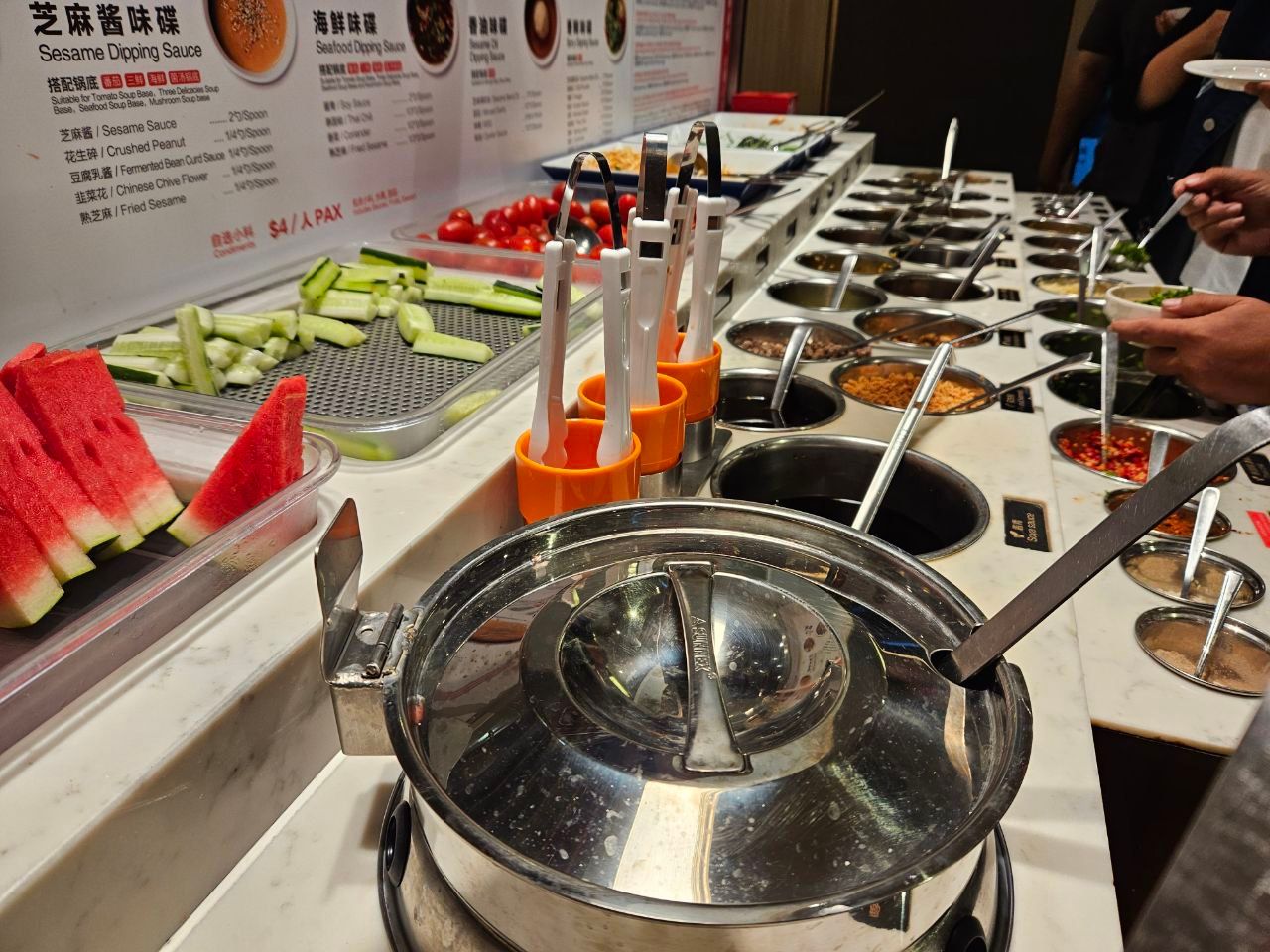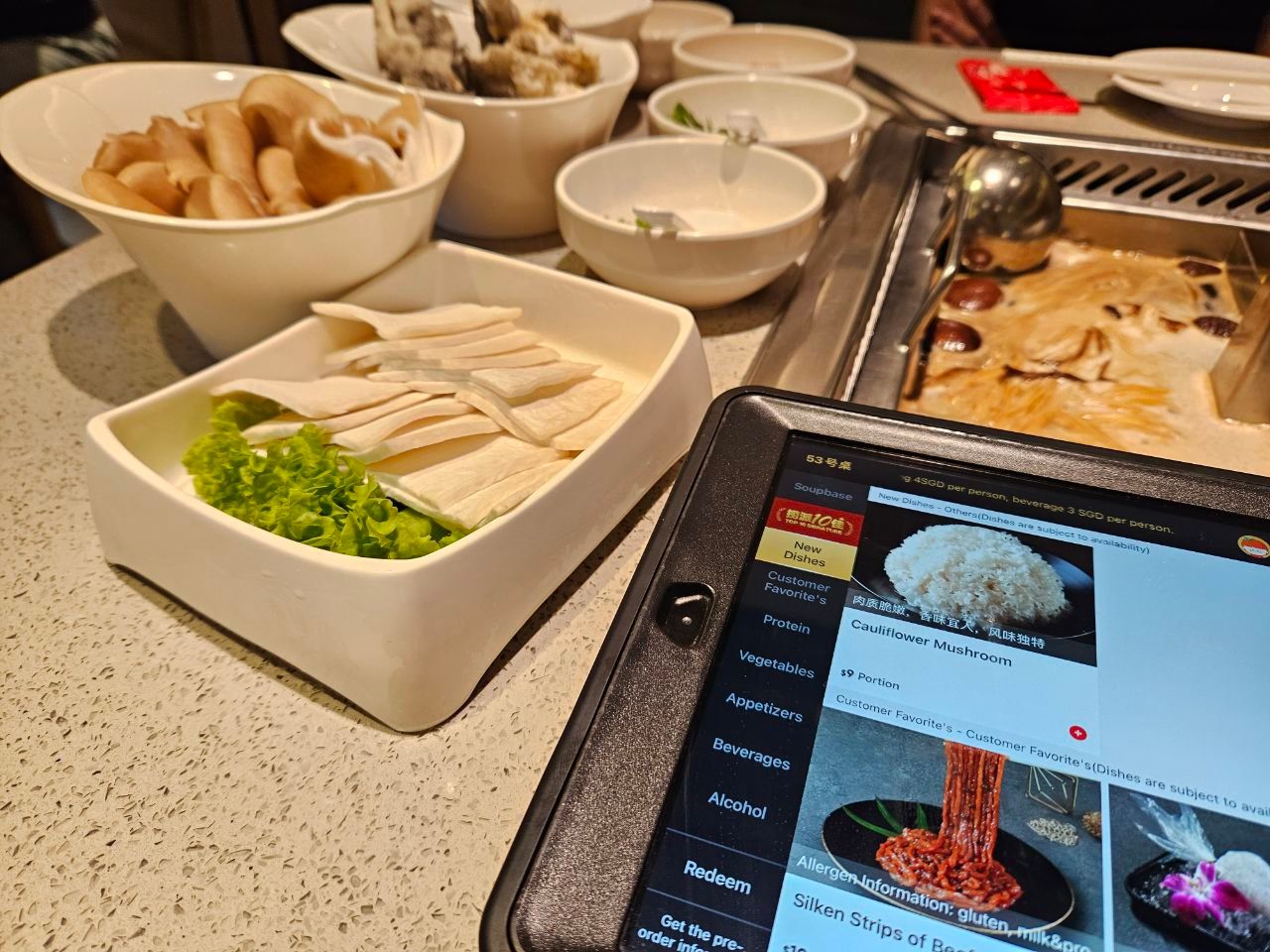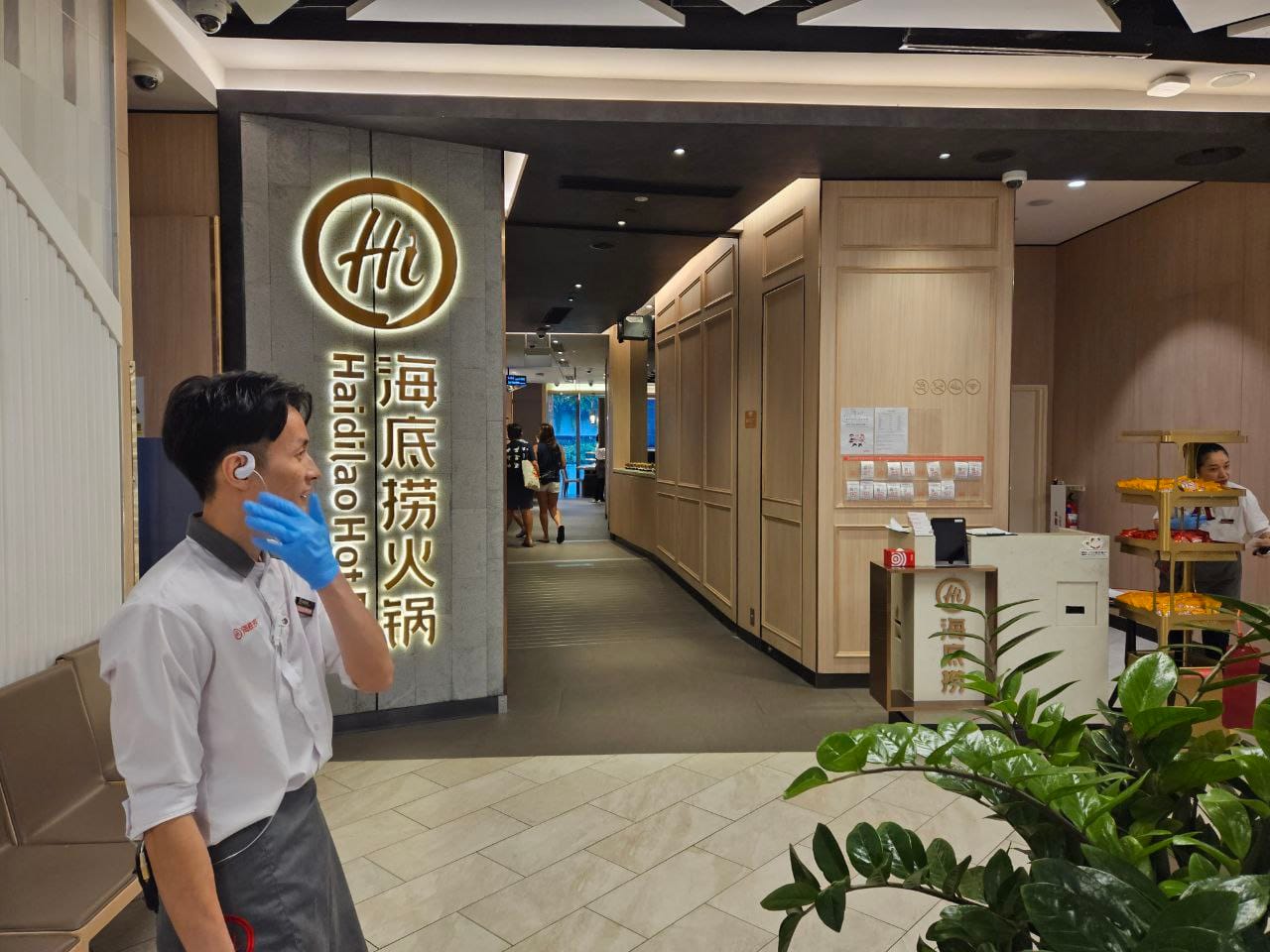The expanding middle class in China has the tendency to see outside dining as a social activity. As a result, hot pot dining experiences have been a popular trend in mainland China for many years. Particularly, hot pot chains are gaining visible traction given the ability to provide consistent quality across different stores and higher variety of food choices from better supply chain management and procurement.
With many operators like Haidilao and XiabuXiabu harboring international ambitions, they have been pursuing overseas expansion in the last few years. Increasingly, many Chinese variety shows also include celebrities and guest participants bonding over hot pot sessions, further exposing international viewers to the hot pot culture.
In the example of Haidilao’s international business, the company served more than 12 million customers outside of mainland China just in the first six months of 2023. Most of the international presence still centered around Southeast Asia , such as their latest foray into Philippines, but they have also indicated interest in Middle East markets like the new addition of United Arab Emirates.

Internationally, the operating environment varies widely among geography. This is due to factors such as staff costs, raw materials, consumables as well as rental differences. North America is one such market where the operating profit margin of around 6% is only half that of Southeast Asia even though the average spending per customer can be more than double that of Southeast Asia.
To be sure, it is not an easy business due to the highly fragmented industry and relatively low barriers to entry for smaller independent competitors. In Singapore, where Haidilao opened its first overseas outlet in 2012, a local restaurant operator called No Signboard Holdings has been trying to break into the market through a franchise agreement with China-based Little Sheep Hot Pot. Five years into the 10-year agreement, the arrangement has been terminated as the number of store openings missed the expansion target set in the initial plan.

Haidilao is repositioning itself for future growth in the international markets. After a period of internal reorganization, simplification of reporting structure as well as re-alignment of management incentives, the company is looking to replicate its success beyond the shores of Greater China.
This can be seen by the spin-off of their international business, Super Hi International Holding, into a separately-listed entity on the Hong Kong Stock Exchange. At the moment, it does seems like Haidilao’s continuous innovation in new dishes and localized marketing are able to capture the palate of the international customers and fend itself against competitors like XiabuXiabu and Jiumaojiu.




